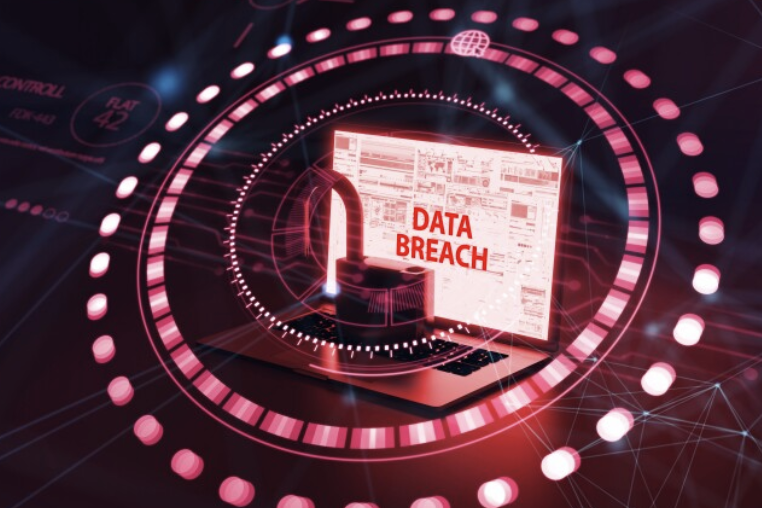Navigating Data Risks in Student Monitoring Software: Upholding Privacy Amidst Educational Advancements. Enhanced Scrutiny Surrounds Student Tracking Tools as Educational Institutions Strive for Data Balance
In the pursuit of comprehensive student support and academic progress, educational institutions increasingly turn to Student Monitoring Software for valuable insights and administrative streamlining. However, as reliance on these digital tools grows, so do concerns regarding the safeguarding of student data privacy.
Student Monitoring Software, exemplified by systems like the prevalent Otrack software utilized in the UK, provides educators with a plethora of functionalities aimed at optimizing student monitoring and progress assessment. From tracking academic milestones to identifying areas for improvement, these tools offer educators indispensable data-driven insights.
Nevertheless, alongside the evident benefits come inherent risks, particularly concerning the gathering, storage, and utilization of sensitive student information. Recent hypothetical incidents, including breaches that compromised significant volumes of student data, underscore the pressing need to address these risks.
Foremost among the concerns surrounding Student Monitoring Software is the vulnerability to unauthorized access to confidential student data. With extensive repositories housing personal information such as academic records, attendance data, and even visual content, these systems present enticing targets for malicious actors seeking to exploit vulnerabilities.
Moreover, the sheer magnitude of data amassed by Student Monitoring Software raises questions regarding the long-term storage and retention of such information. As databases accumulate records spanning multiple academic years, the risk of data breaches and unauthorized access escalates, posing substantial threats to student privacy.
Beyond external threats, ethical considerations regarding the responsible use of student data within educational institutions loom large. The extensive monitoring capabilities of these systems prompt inquiries into the potential for surveillance and its implications for student autonomy and trust.
Notwithstanding these challenges, experts underscore that the benefits of Student Monitoring Software can be maximized while mitigating associated risks. By implementing robust data protection measures and adhering to best practices, educational institutions can strike a delicate balance between harnessing data insights and safeguarding student privacy.
Cybersecurity researcher Jeremiah Fowler has made a significant discovery regarding a non-password protected database housing over 800,000 documents affiliated with a UK-based school tracking software provider. Fowler, known for his expertise in uncovering data vulnerabilities, promptly reported his findings to WebsitePlanet, shedding light on the alarming breach. The exposed database contains a trove of sensitive information, potentially including student profiles, academic records, and attendance logs, posing significant privacy and security risks for individuals associated with the school tracking software provider. This revelation underscores the critical importance of robust data protection measures and the need for swift action to address vulnerabilities and safeguard sensitive information.
As educational institutions navigate the complexities of a data breach of student tracking software, it is imperative to uphold the integrity of student privacy and data security. By embracing proactive measures and cultivating a culture of conscientious data stewardship, schools can harness the potential of these tools while safeguarding the fundamental rights of their students.

